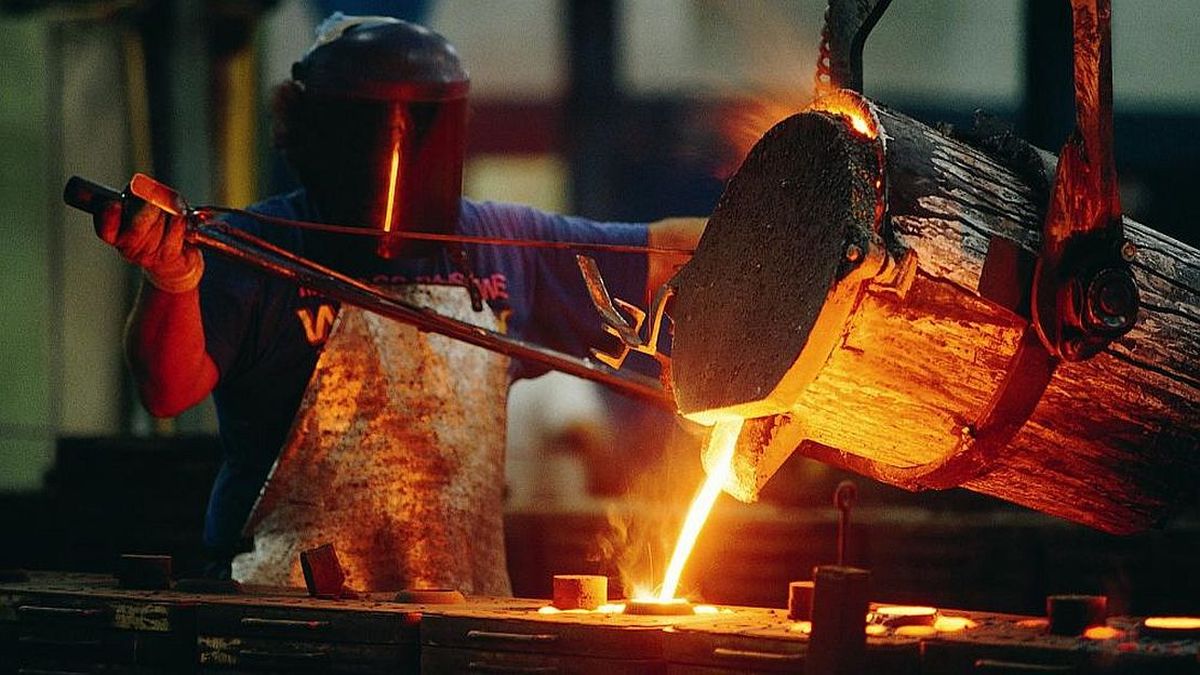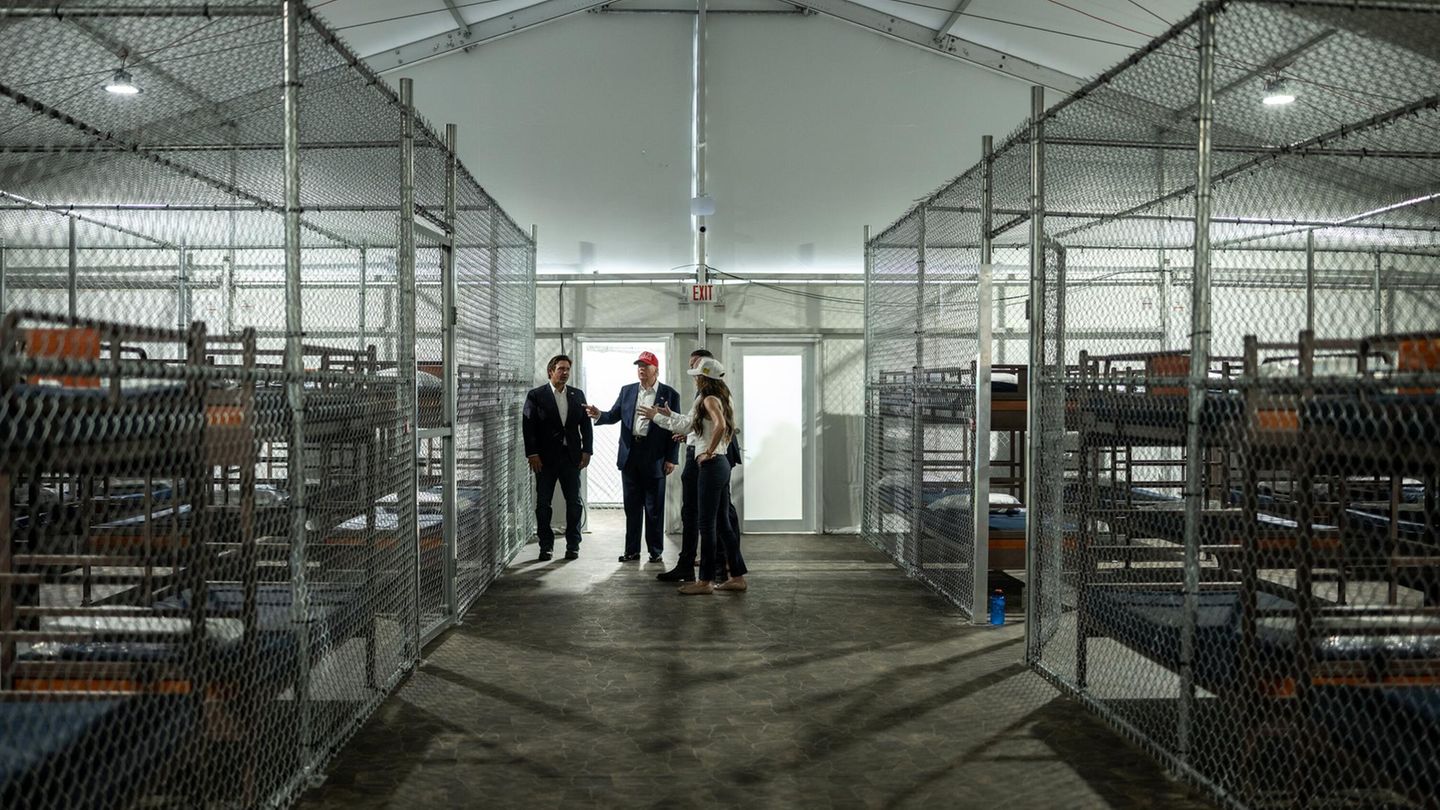The Government will facilitate the import of steel and aluminum in order to reduce the “Argentine cost.” This was announced by the Ministry of Economy, when announcing a modification of the technical regulations for steel that will result in a drop in prices.
“In order to reduce the Argentine cost, the Secretariat of Industry and Commerce of the Ministry of Economy decided to modify the technical regulation (RT) of steel,” the organization said in a statement.
The note states that the measure will allow “simplify and lower the costs of the import process of this product, which in Argentina is up to 50% more expensive than the world average.”
“With this decision, 31% of steel imports will no longer have interventions and there will be greater supply, which will lead to more competition and lower prices,” the Treasury Department reported.
According to the information, “The measure affects the main steel products for construction such as sheets (roofs, enclosures, supporting structures), profiles, round iron for concrete, meshes and beams, and tubes.”
“The Government’s initiative will simplify procedures and lower costs for key production sectors. In this way, The automotive, auto parts and metalworking industries will no longer have to process exceptions to import steel which is not intended for construction,” the statement added. Likewise, “It will happen with plates for washing machines and white goods, which will be able to integrate steel sheets without having to complete any paperwork.”
What is the procedure to access the benefit?
The Ministry of the Economy explained that “currently, to validate the steel, local certifiers (in most cases it was the INTI) had to visit the foreign supplier’s plant twice a year, generating high travel costs.”
“With this change, not only will this visit be made once every two years, but foreign suppliers who already have an international certification will not have to complete the process,” the statement said.
In this way, Economy maintains that “Steel products intended for construction will have much lower certification costs to those that existed until now, due to the lower cost of international certifications.”
The resolution, which will be published in the Official Gazette in the coming days, also includes the unification of technical regulations for construction materials with the aim of applying common regulations to these goods.
What inputs are included?
The unification of the technical regulations of plywood, cement and materials for electrical installationsand the repeal of the RTs of Aluminum radiators, bars and profiles, solar collectors and solar systems compacts, and ceramic tiles and slabs.
Besides, The importation of other construction inputs such as cement and materials for electrical installations is simplified and arbitrary controls that constituted non-tariff barriers to imports are eliminated. of products such as ceramic tiles and plates, aluminium radiators and solar collectors.
Following this resolution, companies that must certify the import of steel and construction materials will be able to submit sworn declarations with international certifications valid worldwidewhich will be equivalent to those of the Argentine Institute of Standardization and Certification (IRAM)
Simplification of Repostock
He Replenishment of stocks (Repostock) It is a system that allows replenish the stock of imported inputs that have been used in industrial exports.
“Through a presidential decree, the National Government will advance in the digitization and transformation of this system that was obsolete,” the Treasury Palace stated.
The note detailed that the statements of the Repostck “It was done on paper and was so complicated that only 73 companies used it in 2023taking into account that there is a universe of more than five thousand exporting companies.”
“The benefit allows the re-importation without taxes of goods used in a previous export, which enables Argentine products to be more competitive in the international market,” the statement explained.
In this way, from now on, companies from any industry that import inputs for export will be able to easily access this benefit.
Source: Ambito
David William is a talented author who has made a name for himself in the world of writing. He is a professional author who writes on a wide range of topics, from general interest to opinion news. David is currently working as a writer at 24 hours worlds where he brings his unique perspective and in-depth research to his articles, making them both informative and engaging.




